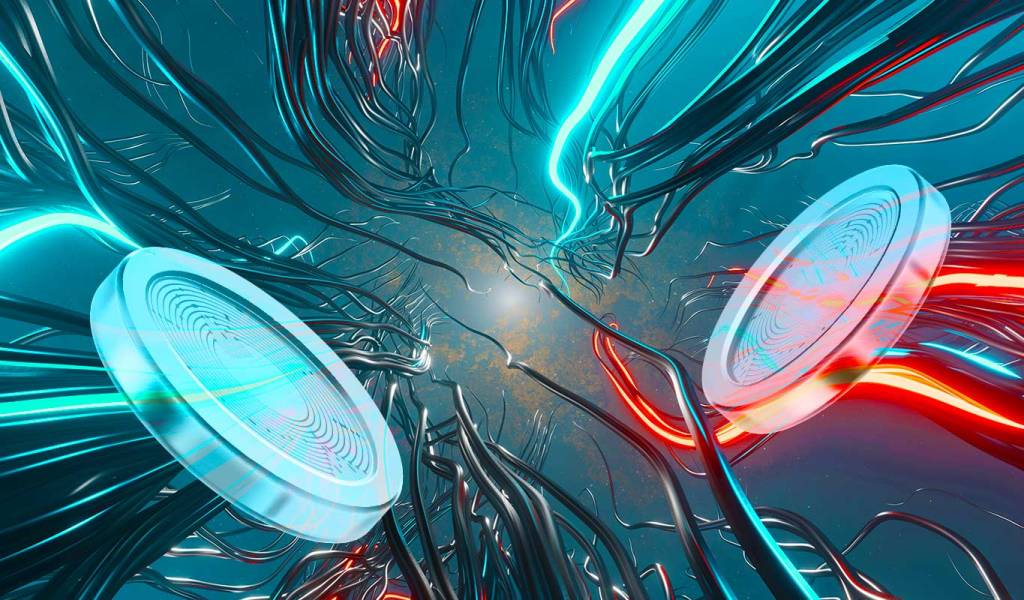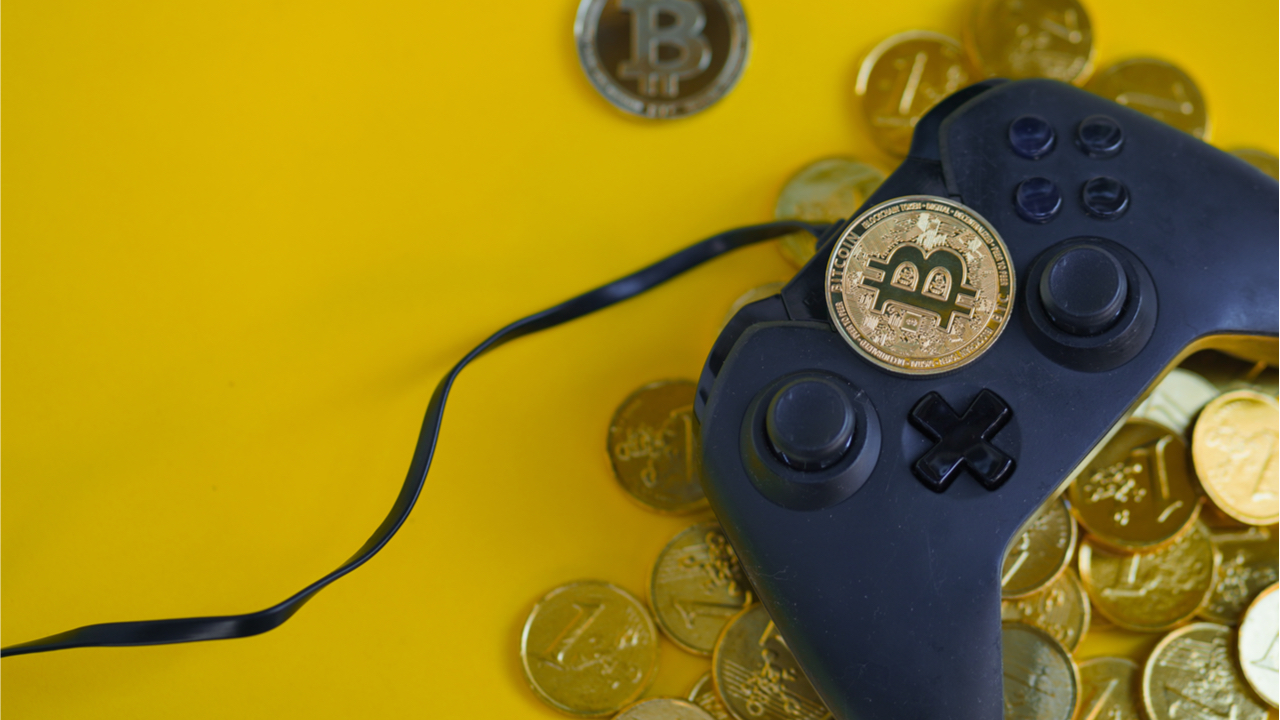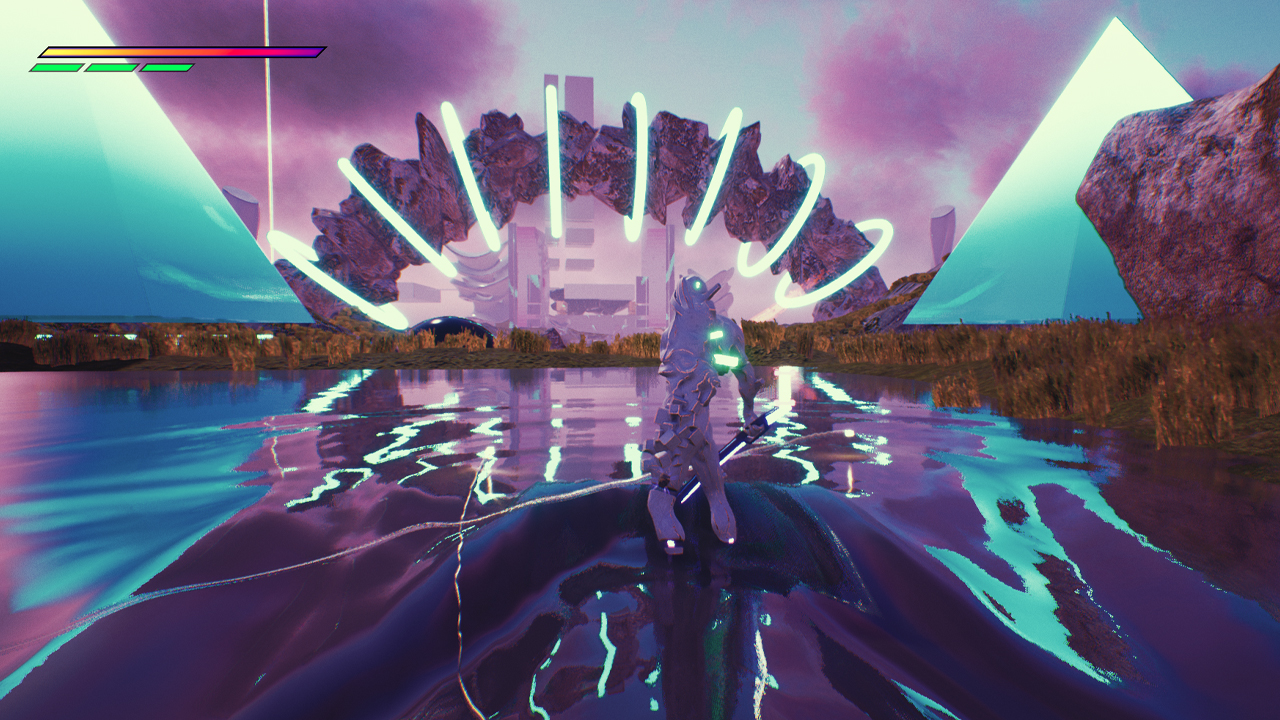
Interest in Axie Infinity appears to be picking up again following the launch of its new NFT land staking feature and ongoing upgrades to the Origin battle game mode.
Play-to-earn (P2E) Metaverse game Axie Infinity appears to be on the mend, with its NFT sales volume pumping 205% over the past seven days.
The project’s co-founder Jeff Zirlin echoed such sentiments via Twitter on July 8, after he stated that the project was “healing” in reference to the strong adoption of NFT land staking, the Ronin bridge being back up, and a notable uptick of game downloads and NFT sales.
22,000 Axies sold in the last 24 hours. Was at 7,000 a few weeks ago.
— The Jiho.eth (@Jihoz_Axie) July 7, 2022
Origin growing quickly with the new Alpha Season. 4,600 downloads yesterday.
Bridge is up. Land (90% staked) is emitting AXS.
Nature is healing. pic.twitter.com/AdNzi8x4cb
According to data from CryptoSlam, Axie infinity generated $1.3 million worth of sales over the past seven days from a total of 23,100 buyers, marking a 205% increase for the week.
One of the contributing factors to the sudden increase appears to be the surging appetite for Axie Infinity land NFTs following the launch of staking support on July 4. The staking feature enables land owners to earn weekly rewards in the game's native AXS token. At the time of writing, roughly 91% of the 16,794 circulating supply has been staked, according to data from the Ronin Chain explorer.
The project also launched the second phase of upgrades to its new game mode this month dubbed “Origin,” which had 600,000 sign-ups as of mid-June. The game is in early access mode ahead of an eventual global launch, and it enables users to collect, trade, and battle each other with their playable Axie monster NFTs. The upgrades were said to have fixed a host of bugs in-game.
The increasing NFT sales volume is likely due to the Ronin bridge relaunching on June 28. The bridge is a sidechain built for Axie Infinity which enables users to transfer assets between the game and the Ethereum mainnet. However, it had been offline since late March following the infamous $600 million hack.
Despite this, the 205% surge in volume over the past week only places Axie Infinity as the 18th highest selling NFT project within that time frame, a far cry from its chart-topping days in late 2021.
The Axie Infinity eco-system has suffered from a long downward trend since it peaked in interest in November. That month saw the project generate a whopping $753.9 million worth of NFT sales, while its native AXS token hit an all-time high (ATH) of $164.90. As of June, its NFT sales for the month totaled just $3.1 million, while AXS is down 91.4% from its ATH to trade at $14.18 at the time of writing.

With player retention and gaming longevity being seen as crucial issues for the project, the Axie Infinity team has been exploring ways to expand the ecosystem of late.
Related: Play-to-Earn vs. Move-to-Earn explained
In a July 9 blog post, the Axie Infinity team noted that its vision is to create an “entire gaming universe” with comprehensive lore similar to iconic series such as Star Wars, Final Fantasy, or the Lord of the Rings.
As part of the push, the team will be rolling out content focused on building up the story behind the game’s fictitious world, “Lunacia,” in partnership with gaming-focused decentralized autonomous organization (DAO) Strider.
The team also stated that it recently launched three new programs aimed at fostering community growth called the “Lunacian Codes, the Creator Program, and a fellowship collaboration.” The first two focus on rewarding users via referrals and content creation, while the latter provides funding for 200 fellowships as part of a creator academy.














